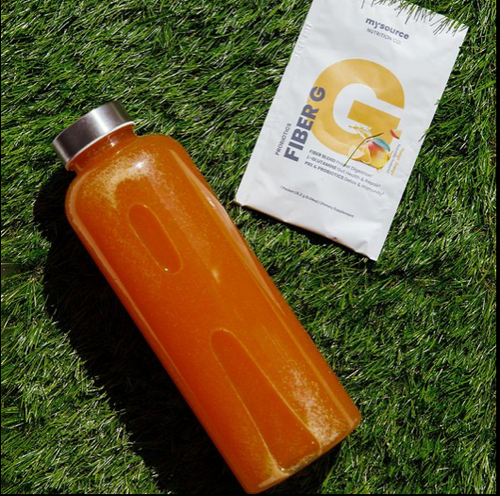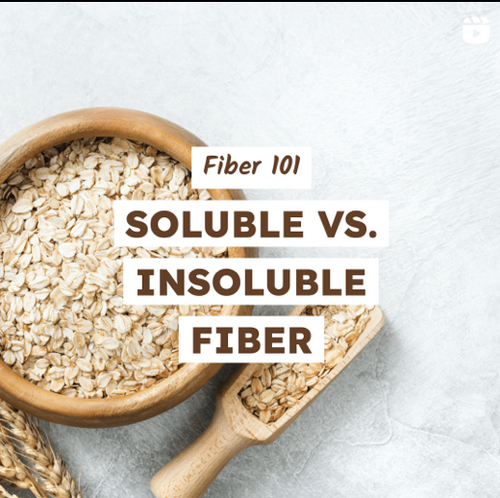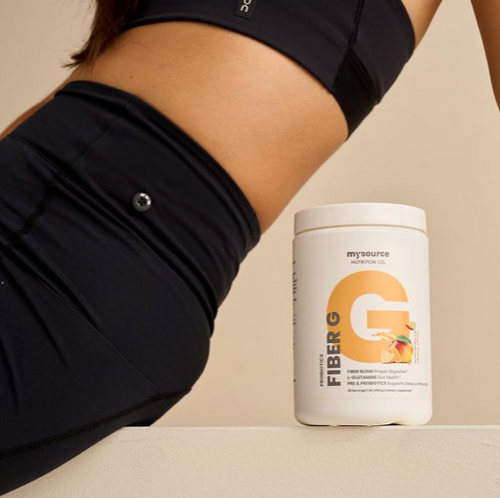It is that time of the month again! You may hear people around you coughing, sneezing and blowing their stuffy nose, hoping that you won't wake up with a cold.
However, while you notice everyone around you getting sick, there are in fact ways to protect and boost your immune system. Keep on reading if you want to learn how you can protect yourself and your immune system today and in the future!
Your immune system does a great job of defending you against diseases, but sometimes it fails. A germ invades successfully and makes you sick. You may ask- is it possible to prevent this process and boost the immune system? What if I make changes to my diet or take certain vitamins and herbal supplements?
However, it is important to keep in mind that the immune system is precisely that- a system, not a single entity. To function well, it requires balance and harmony. This means lifestyle choices, including diet, water intake, stress levels and daily activity all play a role in keeping the immune system properly functioning. In today's read we will explore each category individually and explore its impact on the immune system as a whole.
1. Cooking with Fresh Herbs & Spices
It is no doubt that cooking home cooked, fresh meals is the key to a healthy and nourished system. A healthy and well nourished diet is one of the biggest key factors to make sure that your body is getting all the micronutrients and macronutrients it needs to keep your immune system in tact and working to its full potential.
Home cooked meals consisting of protein sources, including fish, lean meats, legumes, cooked and raw vegetables, fruits and complex carbohydrates provide the body will all the nutrients it requires to operate in harmony.
However, to add some kick to your meals and add even more immune boosting benefits, consider cooking with a variety of as many fresh herbs and spices as possible. Why you may ask? Well, first off your taste buds will thank later and second, fresh herbs and spices are superfoods that are loaded with antioxidants, have anti-inflammatory and anticarcinogenic properties and help fight off any viruses and diseases.
I recommend adding the following herbs and spices to your meals:
- Savory Recipes: Fresh Turmeric ( Powder in combination with fresh Black Pepper, fresh Ginger Root and Garlic, Cayenne Pepper, Pink Himalayan Sea Salt, Oregano, Rosemary, Onions, Basil, Paprika.
- Sweet Recipes: Ground Cinnamon, Nutmeg, Vanilla, Licorice, Raw Honey.
- Hot Tea Recipes: Fresh Ginger Root, Peppermint, Chamomile, Green Tea, Raw Honey.
2. Staying Hydrated with Water
Although this tip may sound like a broken record, it needs to be mentioned once again! Drinking accurate amounts of water throughout the day plays many important roles in your body, including supporting your immune system.
In fact, your blood and lymph, which have immune cells in them, require water in order to keep moving and circulating throughout the body.
Even if you are sedentary and not sweating a ton, you are constantly losing water through your breath, your urine and bowel movements and through the intake of caffeine beverages, nicotine and other diuretics. To helps support your immune system, make sure you are replacing the water you lose throughout the day with adequate amounts of good quality drinking water (Not soda or other sugary or artificial beverages! PURE WATER).
A good starting point in my opinion is to consume 1.5 to 2 L of water a day.
3. Getting some Fresh Air & Sunlight
Next up, it's one problem to be sedentary all day, but it's another problem to be cooped up inside all day long without seeing the light of the day.
Day light and sun exposure it vital for our health and immune system. In fact, we need Vitamin D for immunity, bone health, our mood levels, our sleep cycle, hair, skin and nails and vitality. Yes, you can always opt for a Vitamin D capsule to keep your levels in check, however, real sun exposure makes you feel different & you know it. Going outside and getting some fresh air is critical for our health, our mental health and overall well-being.
If you are someone who sits in a dark room all day, I highly recommend to start off your day by going for a walk outside and getting exposed to some light. If you live close by the beach or a walking trial, even better! Connect with nature and take advantage of your surrounding.
4. Moving your Body Daily
Physical activity isn't just for burning off calories or building muscles- It's also an important part of being healthy and supporting a healthy and well-functioning immune system.
As Dr. Lin explains, “Moderate-intensity exercise mobilizes immune cells outside of the bone into the bloodstream. It also helps moves immune cells already in the bloodstream into tissues. In this way, it enhances immune surveillance.”
You can think of immune surveillance as a monitoring process of your immune system, with exercise helping immune cells be more efficient at detecting and reacting to infection.
Whether you enjoy walking, biking, swimming, yoga, jogging or weight-training, any sort of daily movement is better than none. Choose your preference and make it part of your daily routine. Your body and immune system will thank you later.
5. Managing Stress Levels
"Stress is a Killer". I'm sure you've heard this phrase before and let me tell you, it's true. Whether it comes on quick or builds over time, it's important to understand how chronic stress affects your health.
Stress can potentially have a secondary impact on how well your immune system functions if it leads to sleep disturbances, a tendency to eat less healthy food, reduced water intake, less frequent exercise and more.
Stress is different for everyone, and how we relieve it is, too. Given the effect it can have on your health, it's important to know how to identify stress. And, whether it's deep breathing, mediation, prayer or exercise, you should also get familiar with the activities that help you reduce stress.
6. Prioritizing Sleep & Rest
Sleep certainly doesn't feel like an active process, but there are plenty of important things happening in your body when you're not awake.
“Sleep is important for immune function and the immune system’s homeostasis,” says Dr. Lin.
To give your immune system the best chance to fight off infection and illness, it's important to know how much sleep you should be getting every night, as well as the steps to take if your sleep is suffering.
Keep in mind, light exposure from your phone and tv, lack of sun exposure, prescription drugs etc. can all play an impact on your sleep quality. Don't ignore the signs of poor sleep quality. Over time, the lack of sleep you are experiencing will catch up with you and the side effects will become evident in your everyday life and performance.

We hope you enjoyed our top 6 tips on how to keep your immune system strong. Make sure to follow us on our social media pages for more video content and information (Details below).
Tag & Follow us
- @mysourcenutrition
- #MySourceNutrition#FiberG#Blogpost#Followus
Welcome to MySource Nutrition
We are happy to welcome you to our community. Say goodbye to occasional constipation, bloating, sugar cravings and other gut related issues with MySource's Fiber G.













